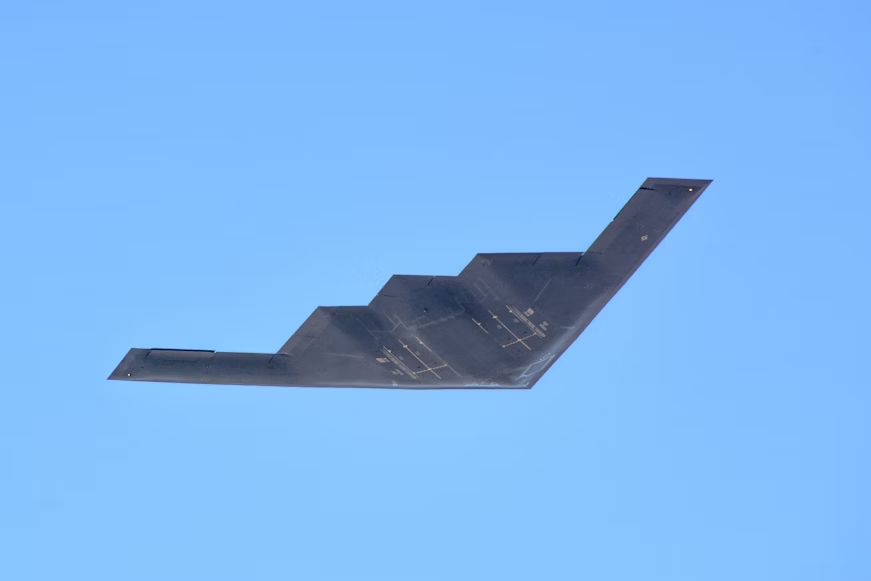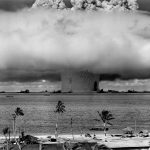U.S. Launches Unprecedented Strike on Iran’s Nuclear Sites Without Congressional Approval

In a dramatic escalation of tensions in the Middle East, the United States conducted a coordinated military strike on June 22, 2025, targeting key nuclear-related facilities within Iran. According to statements from the Pentagon, U.S. forces struck three locations believed to be connected to Iran’s nuclear enrichment and weapons development programs: Fordow, Natanz, and Isfahan. The airstrikes reportedly involved precision-guided munitions, including bunker-buster bombs, used to target fortified underground structures.
The attack marks the first direct U.S. military action against Iranian nuclear infrastructure, setting a historic precedent. While the U.S. has conducted cyber operations—such as the 2010 Stuxnet virus, which disrupted Iranian centrifuges—this is the first acknowledged physical assault on nuclear-related sites by U.S. forces.
The Trump administration did not seek or receive formal authorization from Congress prior to the operation. White House officials argue that the strikes fall under the President’s Article II powers as Commander-in-Chief, citing an “imminent threat” posed by recent Iranian activity. Administration sources claim that new intelligence showed Iran had accelerated efforts to produce weapons-grade uranium, in violation of the 2015 Joint Comprehensive Plan of Action (JCPOA), which the U.S. exited in 2018 and never fully re-entered.
Members of Congress from both parties expressed frustration at the lack of consultation. Senator Tim Kaine (D-VA), a longtime advocate for reining in executive war powers, stated, “This kind of unilateral action defies the constitutional requirement that Congress has the power to declare war.” Echoing similar concerns from across the aisle, Representative Thomas Massie (R-KY) took to X, stating, “This is not Constitutional.” Some other Republicans supported the strike in principle but criticized the administration for failing to brief key committees in advance.
Iranian state media confirmed that facilities in Fordow, Natanz, and Isfahan were among those hit, reporting both infrastructure damage and casualties. The Iranian government called the attack “a blatant act of war” and vowed retaliation, though the scale and timing remain uncertain.
U.S. officials contend that the strike was intended to prevent Iran from reaching a nuclear weapons capability, not to initiate a broader conflict. The move has drawn varied responses from international actors. Israel praised the action, while several European allies, including France and Germany, urged restraint and de-escalation.
The long-term implications of the attack remain unclear. What is certain, however, is that the United States has crossed a significant threshold in its approach to Iran—initiating direct military strikes on nuclear assets without international coalition backing or congressional authorization.












